Let's say you brought your puppy outside to help him potty. The dog suddenly nips you at the ankles. You try to bring him back inside for some quiet time and to make him rethink what he did. When you pet him, his teeth clamp on your fingers. What is going on? The first fact you need to know is that your dog will keep on acting this way until he is taught that biting hurts.
What the puppy is actually doing is to play bite. This is a holdover from the days when the dog actually needs to learn how to use his mouth and teeth to scavenge and hunt. So from the dog's point of view, play biting is normal behavior; unfortunately, people do not like play biting, and this is the part that dogs take time to learn. Below, some steps are outlined on training your puppy not to bite and nip.
First of all, the training needs to start early; the puppy is preferably around 6 weeks old.
Next, your puppy needs to be taught that biting hurts you. Whenever he bites, respond with a firm "no!" or "ouch!" - or possibly the yip of annoyance a dog usually makes. With this, your puppy will realize that he's beginning to hurt people with his roughness, and will try to be more prudent about biting next time.
Calmly move your hand away and let your puppy have a chew toy instead that can be used without much damage.
If your pet does not mind your reaction and nips once more, tell again your dog "no!," "ouch!" or yelp, and leave the room for a few minutes. The message to the dog here is that when he bites, his playmate will go away. Sooner or later, he will also learn that this is the same result he would get if he played too roughly.
Never give up, and be persevering in your training. Stay consistent to the same reaction whenever your dog puts his teeth on you. The dog has to see that all bites cause pain and bites are not for humans.
Continue training your puppy not to bite by transforming your puppy's good behavior to become a habit. The dog deserves a praise whenever he is able to lick you without using his teeth and whenever he plays nicely.
When your dog has stopped biting and nipping, your dog is ready to learn the "off" command. Here, get a fistful of the puppy's dry food, keep your closed fist level to the dog's mouth and say "off." After a few seconds, if the puppy has not made an attempt to do anything to your hand, say "take it" and let him have a piece of food. Through this new lesson, your dog learns that "off" means not to touch. The off command comes in handy when you think the dog is going to attempt biting.
When your puppy is about 6 months old, why not get him into an obedience class where he can learn socializing with other dogs? This way, what you taught him will get reinforced when he interacts with other dogs. Aside from this, your dog will also see for himself how people and other dogs have different playing intensities.

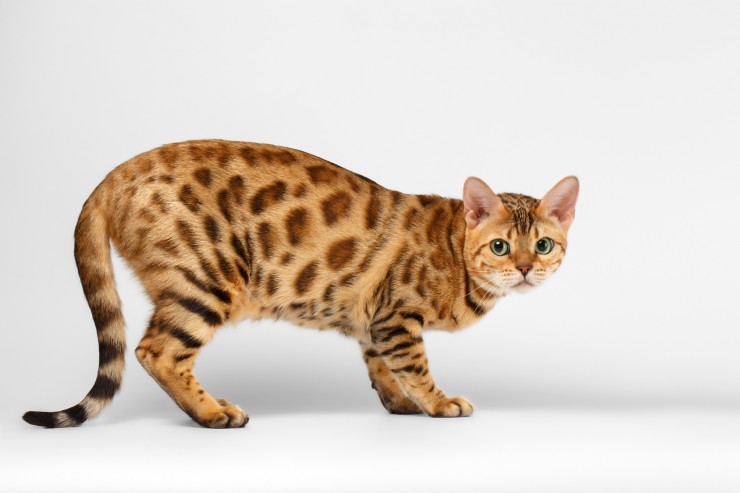 Cat Breeding - Is It For You?
Cat Breeding - Is It For You?
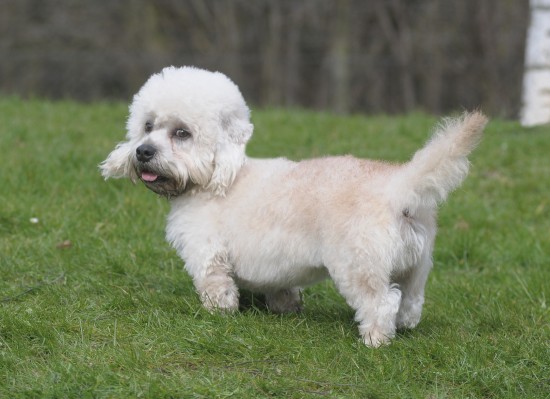 The History And Background Of The Dandie Dinmont Terrier
The History And Background Of The Dandie Dinmont Terrier
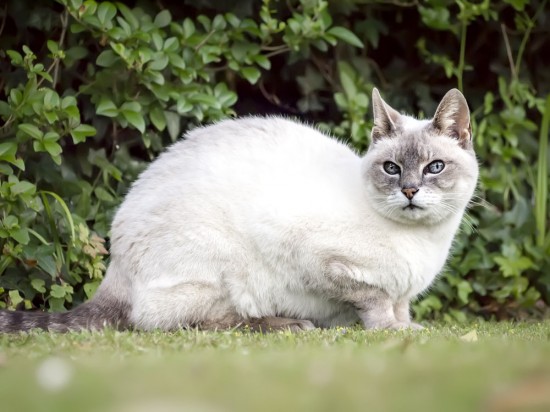 The Top Five Most Commonly Overlooked Health Problems In Cats
The Top Five Most Commonly Overlooked Health Problems In Cats
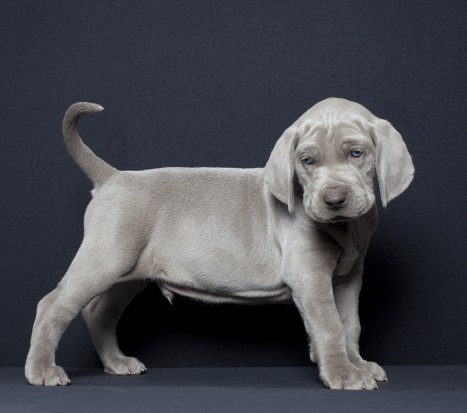 Responsible Breeding - Some Common-sense Guidelines For Both Breeders And Puppy Buyers
Responsible Breeding - Some Common-sense Guidelines For Both Breeders And Puppy Buyers
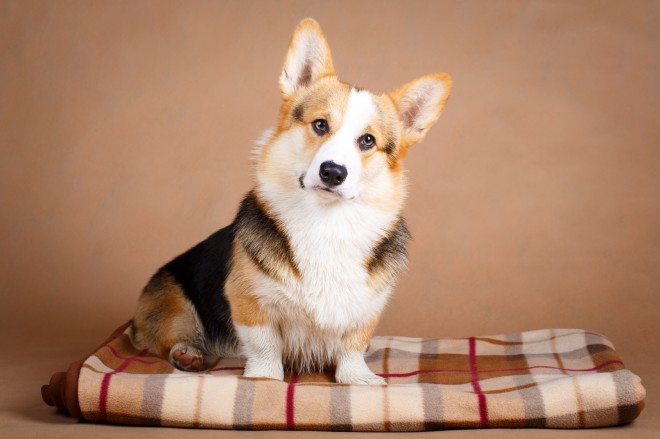 Top Tips For Dogs That Live In Apartments
Top Tips For Dogs That Live In Apartments
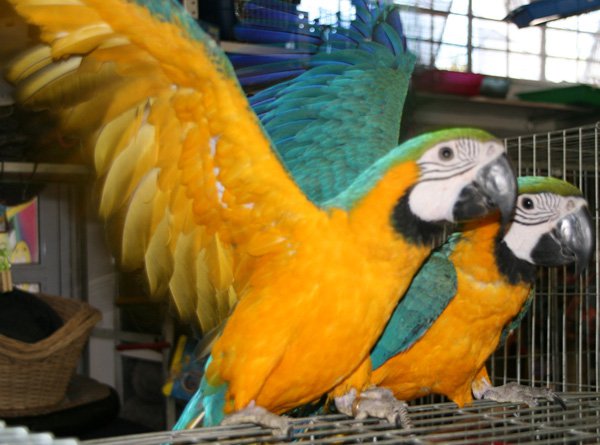 Khamioka Ridgebacks Poole, Strong pups, both playful and hard-working
Khamioka Ridgebacks Poole, Strong pups, both playful and hard-working
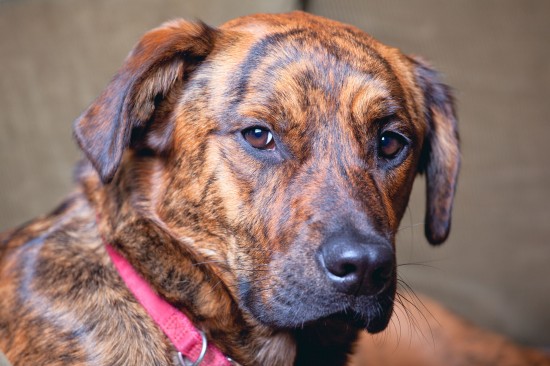 7 Breeds Of Dog Named After People
7 Breeds Of Dog N
7 Breeds Of Dog Named After People
7 Breeds Of Dog N
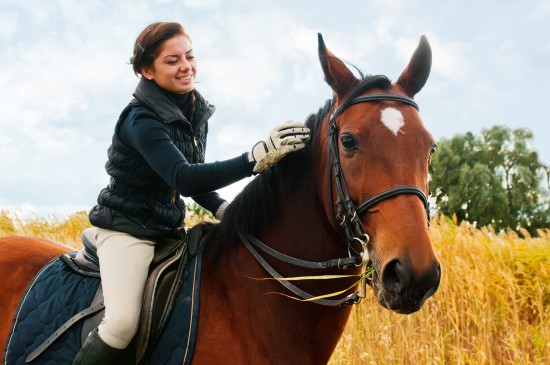 British Horse Society Riding Instructor Grades Explained
British Horse Soc
British Horse Society Riding Instructor Grades Explained
British Horse Soc
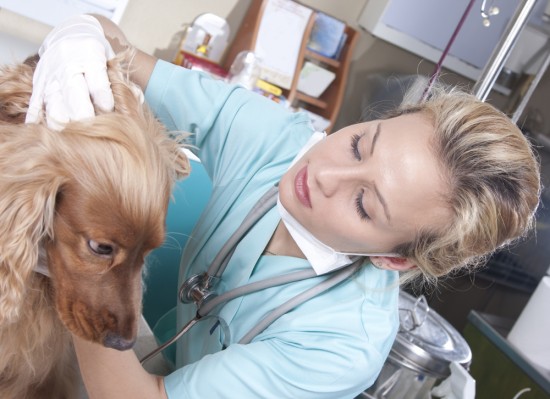 The Five Most Significant Changes To Veterinary Care Over The Last Eighty Years
The Five Most Sig
The Five Most Significant Changes To Veterinary Care Over The Last Eighty Years
The Five Most Sig
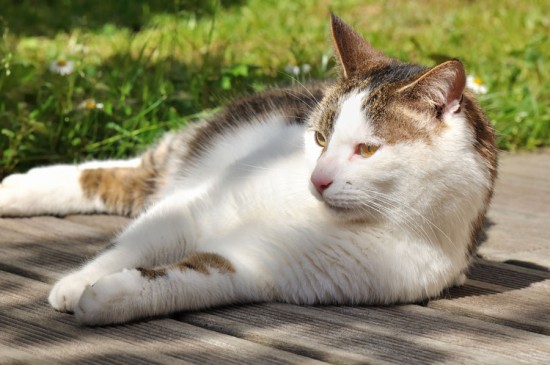 Cats, Hot Weather And Heatstroke
Cats, Hot Weather
Cats, Hot Weather And Heatstroke
Cats, Hot Weather
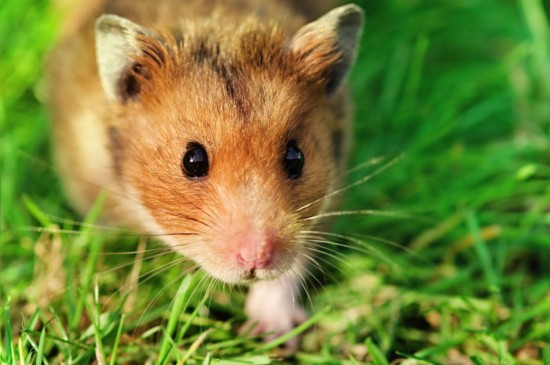 Common Hamster Breeds In The Uk
Common Hamster Br
Common Hamster Breeds In The Uk
Common Hamster Br